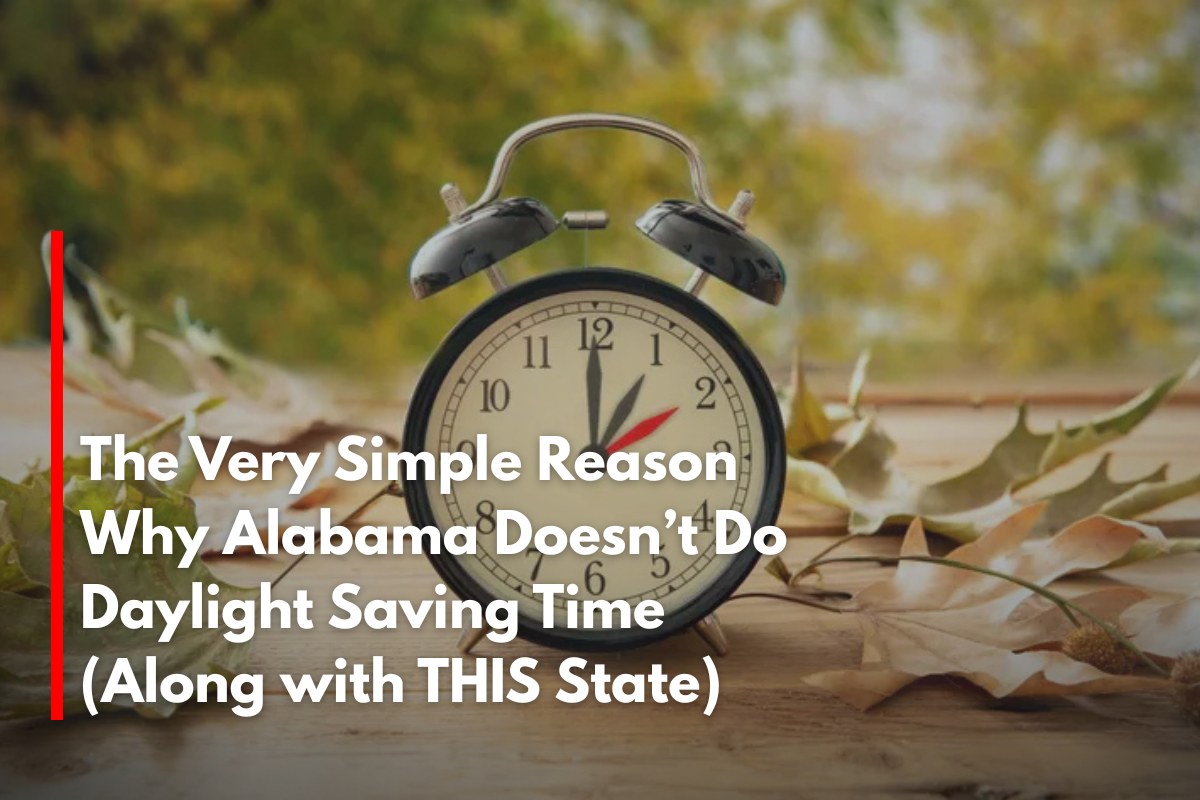For decades, the United States has observed daylight saving time (DST), shifting clocks forward in spring and back in fall to “make better use” of daylight. Yet, every year, as most Americans grumble through clock changes, residents in two states enjoy a blissfully simple reality: they don’t touch their clocks at all. Alabama is often rumored to be among them, but the truth is a bit more complex—and the very simple reason why Alabama doesn’t do daylight saving time is… it actually still does, just like most of the country.
The Only Two States That Don’t Observe DST
Contrary to popular belief, the only two U.S. states that do not observe daylight saving time are Arizona (except for the Navajo Nation) and Hawaii. These states have opted out thanks to special provisions in the federal Uniform Time Act of 1966, which allows states to exempt themselves entirely from DST. The reason?
Arizona
Arizona’s extreme summer heat means later sunsets would only keep people—and air conditioning—running longer, increasing energy costs and discomfort. Holding to standard time keeps sunny evenings a little cooler and more bearable for outdoor and evening activities.
Hawaii
Hawaii’s location near the equator means its sunrise and sunset times barely change throughout the year. DST is pointless on the islands, so in 1967, Hawaii chose to skip the tradition—and has stuck with standard time ever since.
What’s Going On with Alabama?
Alabama, on the other hand, remains firmly on the daylight saving time bandwagon—for now. In 2021, Alabama lawmakers passed a bill to lock the state on permanent daylight saving time. But here’s the catch: federal law does NOT currently allow states to independently adopt permanent DST. Only two options exist under the law:
Stick with the nationwide program (spring forward, fall back)
Exempt your state from DST entirely and stay on standard time (like Arizona and Hawaii)
Alabama’s law is essentially a “pending” move: it will only take effect if and when Congress changes federal law to let states adopt year-round DST. Until then, Alabama residents continue to change their clocks every March and November, just like most Americans.
Why Do These Rules Exist?
The Uniform Time Act of 1966 brought order after decades of haphazard local clock changes—states could either:
But choosing “permanent daylight time” is off-limits unless Congress acts. In recent years, many states—Alabama among them—have passed bills supporting permanent DST, but none can proceed without federal approval.
Alabama still observes daylight saving time. The very simple reason: federal law gives states only two options, and Alabama’s bid for permanent daylight time is stuck in limbo awaiting a Congressional go-ahead. Meanwhile, only Arizona and Hawaii (plus a few territories) have gone clock-change-free, choosing permanent standard time—the true “no DST” status.
So, if you never want to change your clocks, Arizona and Hawaii are your dream destinations. Alabama? Keep that calendar handy—at least for now.
Sources
[1] https://www.rd.com/article/states-dont-observe-daylight-saving-time/
[2] https://www.cbsnews.com/news/states-without-daylight-saving-time/
[3] https://thehill.com/homenews/nexstar_media_wire/5184764-two-states-didnt-spring-forward/
[4] https://www.youtube.com/watch?v=8XI4qhOMuJ4
[5] https://www.usatoday.com/story/news/nation/2024/11/02/daylight-saving-time-arizona-hawaii/75976119007/







